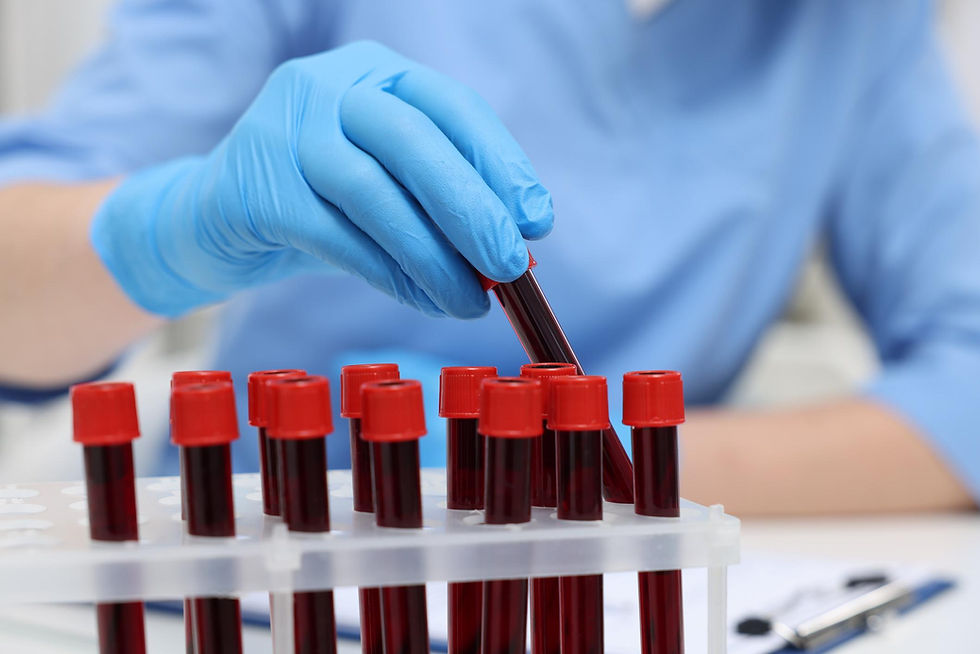Uruguayan Drought
- Alexander Fernandez

- Aug 20, 2023
- 2 min read
Updated: Sep 24, 2025
Uruguayan citizens face a three-year-long drought that threatens clean drinking water and risks health. The record-setting drought is brought on by rising global temperatures and poor water infrastructure investments from current and prior Uruguayan administrations, leaving many with contaminated drinking water unsuitable for consumption.
“The water leaves the hair a little hard and salty. You can still cook, clean, and wash yourself, but not drink. No one has been hospitalized yet due to this issue, but people like myself, who have high blood pressure, need to be careful,” Alicia Raffinengo, a Uruguayan citizen, said.
“This hasn’t happened in 74 years,” Raffinengo said. The drought took a toll on the nation’s only clean water reservoir located in Montevideo, the nation’s capital, currently at its lowest water volume ever recorded, according to NASA. Government officials aimed to temporarily alleviate the limited water supply by adding polluted water from the Rio de la Plata estuary, doubling the already critical sodium and chloride levels, according to the World Health Organization (WHO).

Citizens reported the water smelled pungent and had a horrid taste which, according to Álvaro Mombrú, the dean of the chemistry faculty at the Universidad de la República, would not recommend citizens consume.
“I bought multiple bottles of drinking water for my mom, enough to last her a couple of months. For a few days, bottled water purchases were limited to two gallons per person,” Carlos Casais, a Florida resident who visited family in Uruguay, said. “Water rations lasted a short time; I guess (the government) played it by ear. Main necessities were the primary concern.” Casais mother is a 93-year-old, lifelong Uruguayan resident.
The Uruguayan government declared a state of emergency on June 19, 2023, and has implemented water rations for many fundamental necessities like cooking, farming, and showering.

Not all hope is lost. The current Uruguayan presidential administration has guaranteed clean drinking water to hospitals and other fundamental institutions with aid from a 150,000-liter desalination plant purchased by the government. President Lacalle Pou’s administration announced and prioritized, over other national projects, a $210 million construction project to purify Rio de la Plata’s water in June.
“We finally got rain today. But it rained in the north and not the south where rain was needed. Things like fruit are getting expensive. However, the government distributes water daily for free and eliminated water taxes. People are calm and in relatively good health,” Raffinengo said.

Presidential Secretary Álvaro Delgado confirmed that the desalination plant ordered from Houston, Texas, arrived in late July, early August but initially did not fit in the C-130 Hercules aircraft and had to reach South America by ship, causing a two-month delay in water purification processes. Uruguay’s economic ministry implemented tax-free bottled water imports on June 22.
Raffinengro says the previous administration, a leftist opposition, more socialist in nature, tries to halt the water supply by taking water and limiting accessibility creating further conflict to an already straining situation.
The opposing party downplays Lacalle Pou’s efforts, stating that it is not enough. Uruguayan citizens overall praise Pou’s ability and speed in addressing the ongoing situation. The current administration strives for clean drinking water and implements necessary changes to boost national morale, secure and as healthy as possible.
By Alex Fernandez




Comments